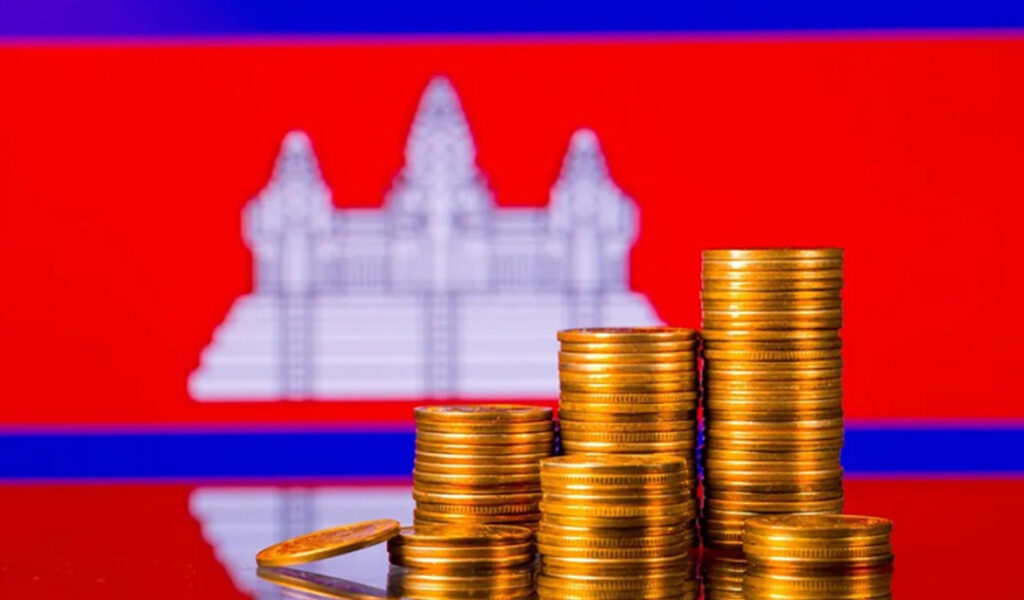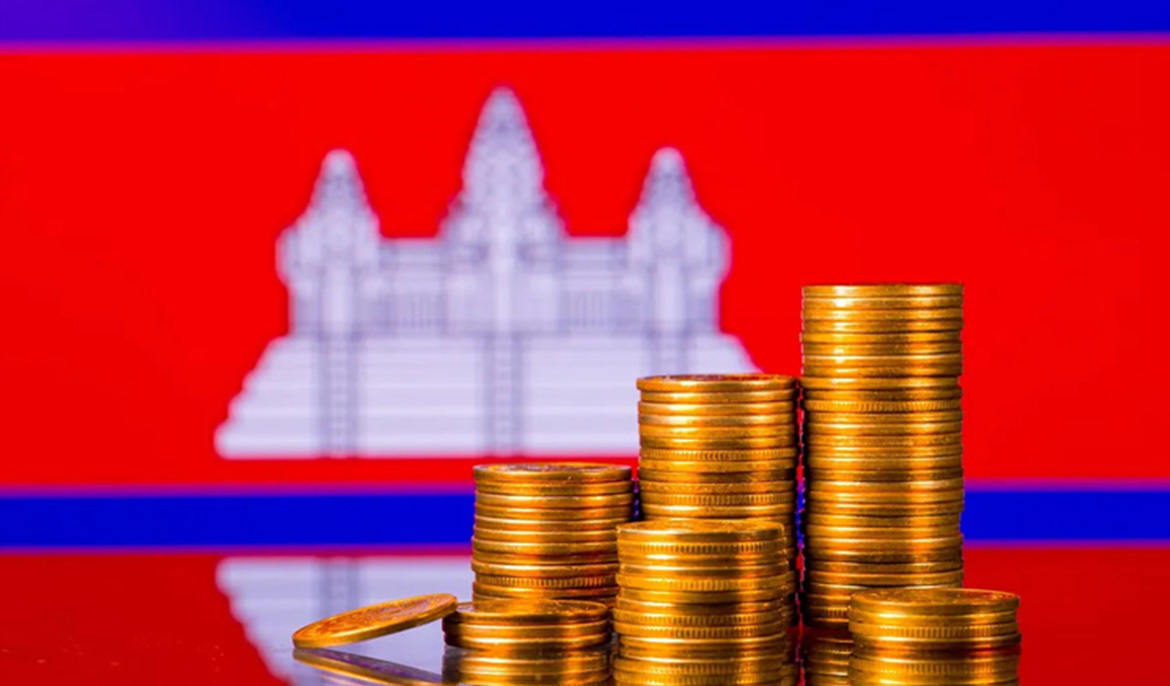Cambodia’s economy
is projected to have grown by 5.3 per cent last year, fuelled by a resurgence in tourism and strong performance in non-garment exports, according to the International Monetary Fund’s (IMF) executive board, which recently concluded the Article IV consultation with the country.
However, risks are skewed to the downside. Weaker-than-expected growth in the US, accounting for over 40 per cent of Cambodia’s exports, and China pose significant risks, IMF noted.
Additionally, US monetary tightening and high levels of private debt in Cambodia could affect the country’s growth.
The country’s fiscal deficit is expected to have widened last year due to a combination of factors: extended targeted social supports to households and firms affected by the COVID-19 pandemic and the cost-of-living crisis; increased spending associated with the 2023 South-East Asia Games and the general election; and the finalisation of incomplete infrastructure projects from 2022.
Starting from this year, the deficit is projected to narrow in line with the authorities’ commitment to scaling back temporary support measures, while retaining targeted fiscal support to the poor through social protection system reform.
Public debt to gross domestic product (GDP) is projected to increase moderately during the next decade and the risk of debt distress remains low, although there are vulnerabilities from shocks to exports and growth, the IMF executive board observed.
The near-term threats to growth include continued demand weakness from advanced-economy trade partners, recovery slowdown in China, high level of private debt domestically and tighter global financial conditions.
Over the medium term, geopolitical tension and trade fragmentation, structural decline in growth from China, as well as climate change may pose important challenges to growth, the IMF said in a release.
To ensure sustained progress in elevating living standards over the medium term, substantial reforms are needed.
Governance and anti-corruption reforms are important to attract fresh foreign direct investment and sustain high growth, the IMF added.Fibre2Fashion News Desk (DS). Credit From Khmertimeskh



